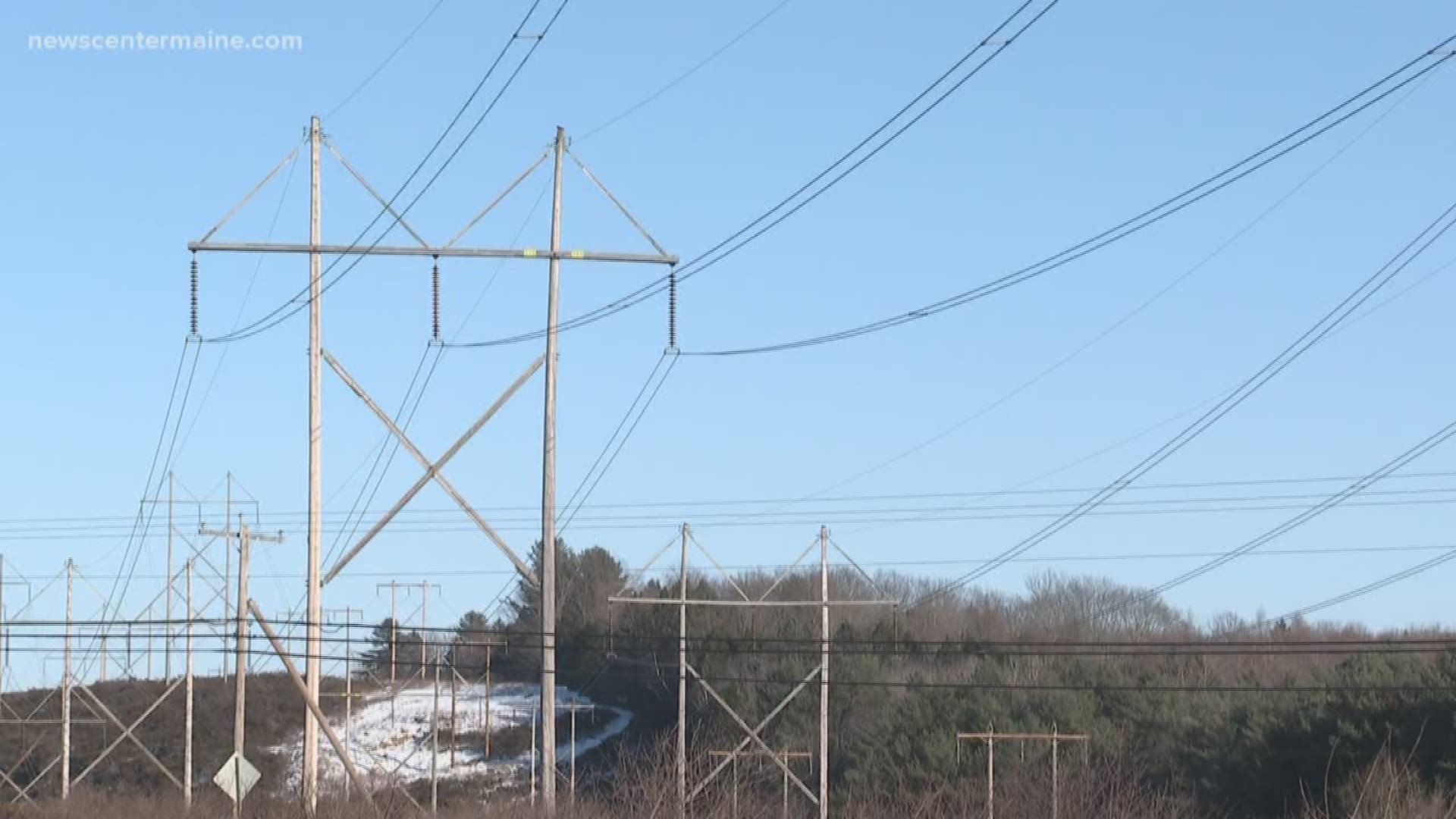PORTLAND, Maine — Seeking to appease critics, Central Maine Power is ready to sweeten the pot to build support for a proposed 145-mile transmission line across the wilderness of western Maine that would supply hydropower from Canada to electricity consumers in Massachusetts.
The utility will meet Tuesday with affected parties to reopen negotiations on the $1 billion New England Clean Energy Connect. The closed-door settlement conference is expected to last several weeks.
"We think this is a timely step forward so that we can move to a resolution for this project," company spokesman John Carroll said Monday.
Dylan Voorhees from the Natural Resources Council of Maine, which opposes the transmission line, called the negotiations "a last-ditch effort" to save the project.
Critics contend the project, which is aimed at helping Massachusetts meet its green energy goals, would spoil vast tracts of wilderness and do little to benefit electricity customers in Maine.
Central Maine Power indicated a new offer could include additional benefits for Maine customers and communities, but the company declined to offer specifics. Maine Public Advocate Barry Hobbins has insisted on $50 million to help low-income Mainers with their electric bills. Other parties to the proceedings include several towns, environmental groups and large industry customers.
The Maine project calls for building a high-voltage power line from Mount Beattie Township on the Canadian border to the regional power grid in Lewiston. Much of the project calls for widening existing corridors, but a new swath would have to be cut through a 50-mile segment of wilderness in western Maine.
The utility already agreed to route the lines underneath the Kennebec River Gorge because of concerns raised by environmentalists.
But the Natural Resources Council of Maine, which is the state's largest environmental advocacy organization, contends the company has failed to demonstrate that there would be a reduction in greenhouse gas emissions and that the project could harm Maine's homegrown green power initiatives.
The company's proposal was selected by regulators in Massachusetts after New Hampshire officials pulled the plug on the controversial Northern Pass project.

